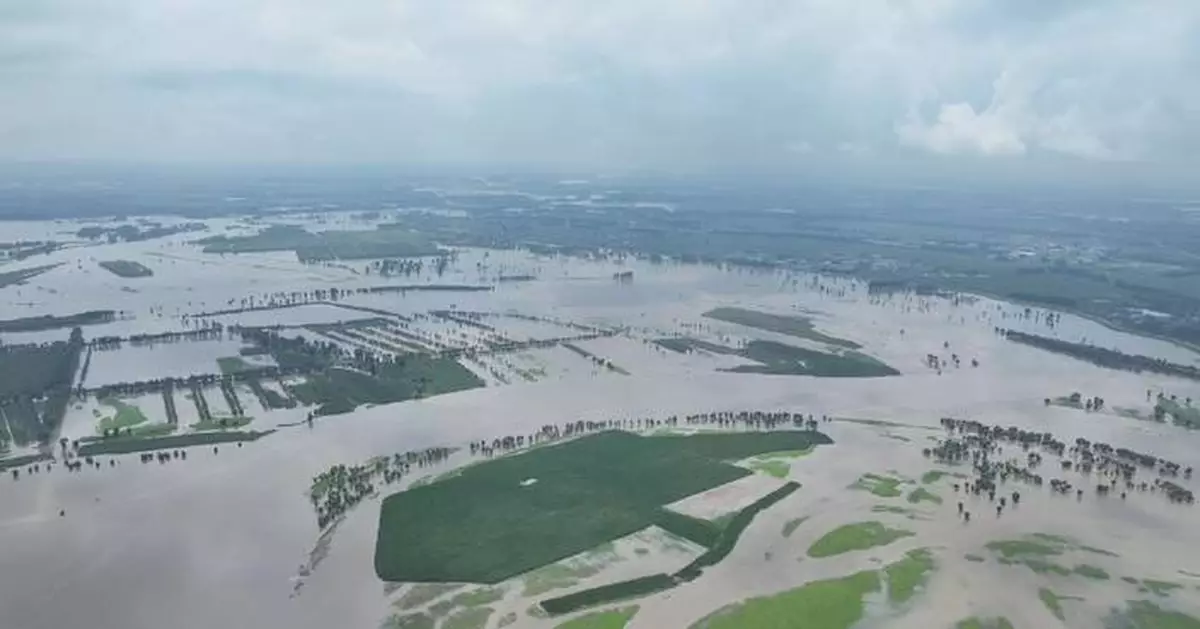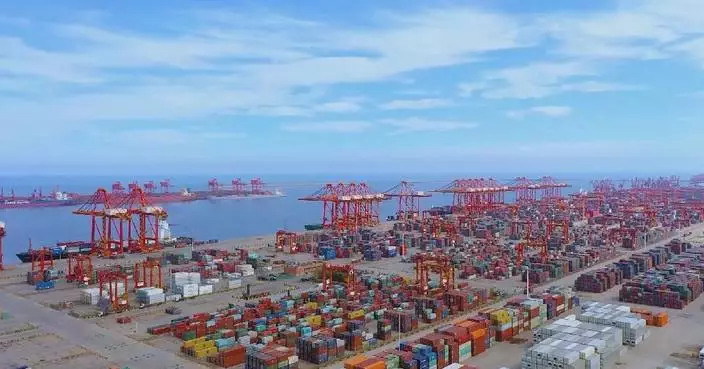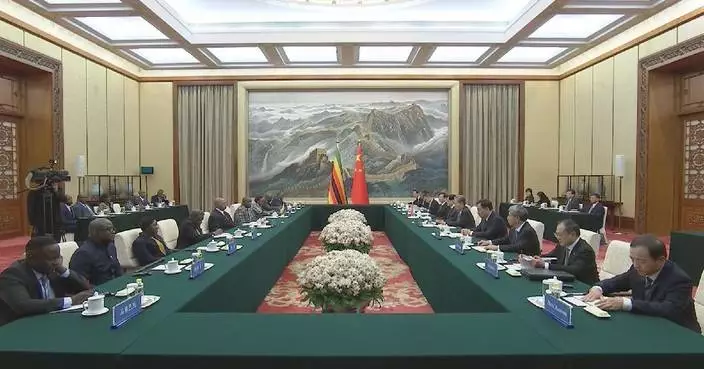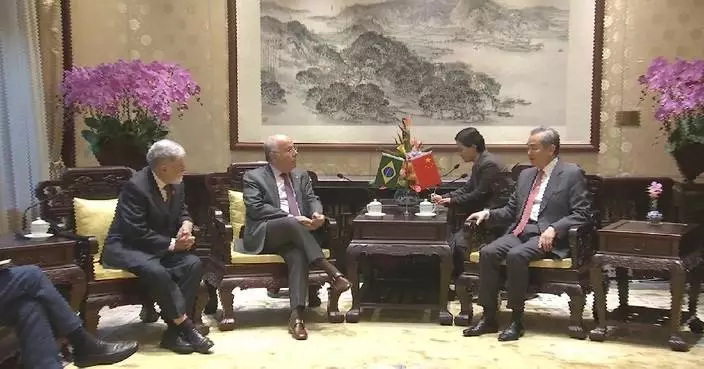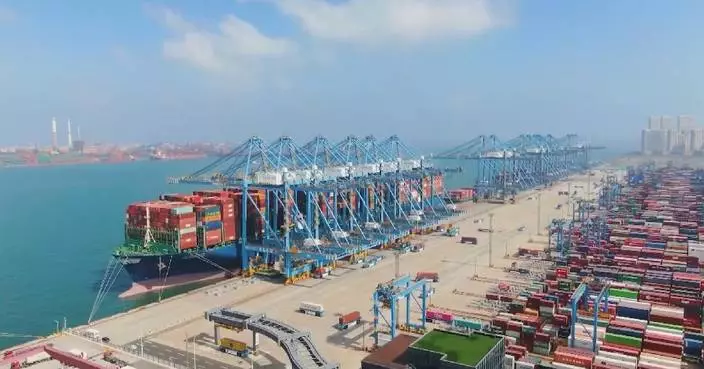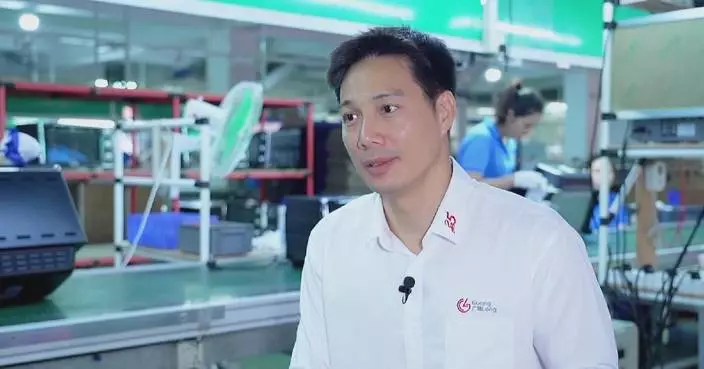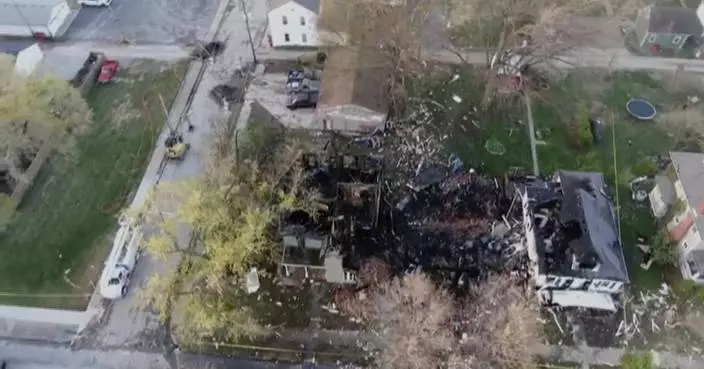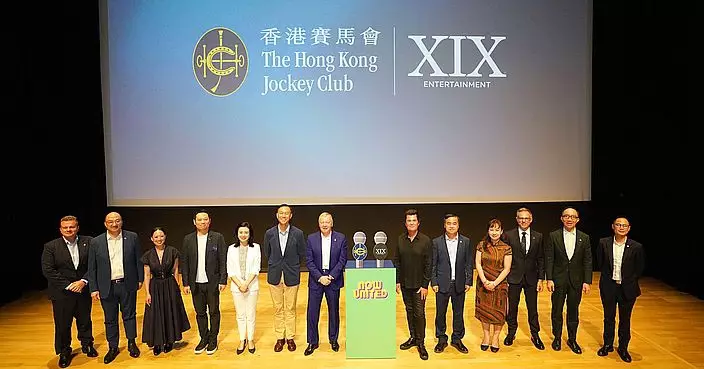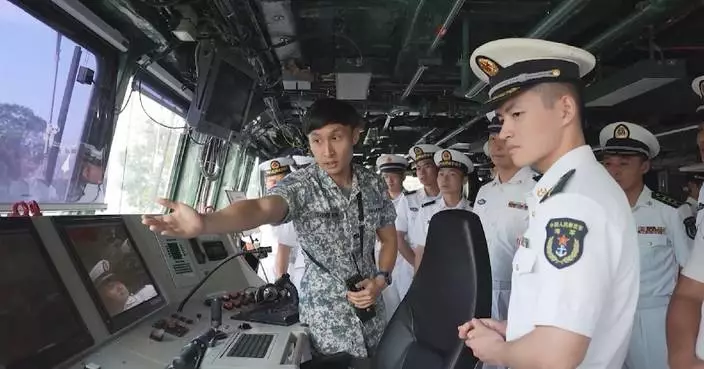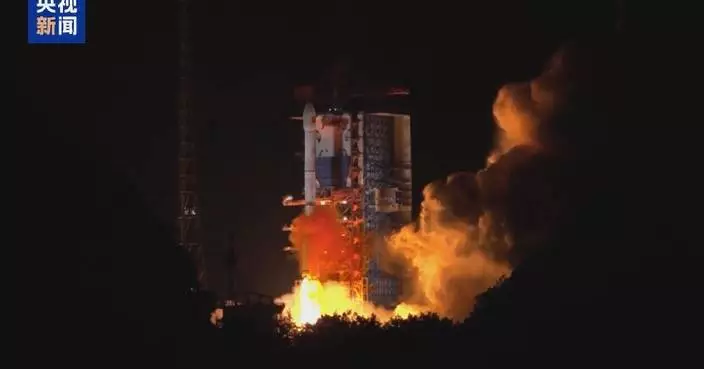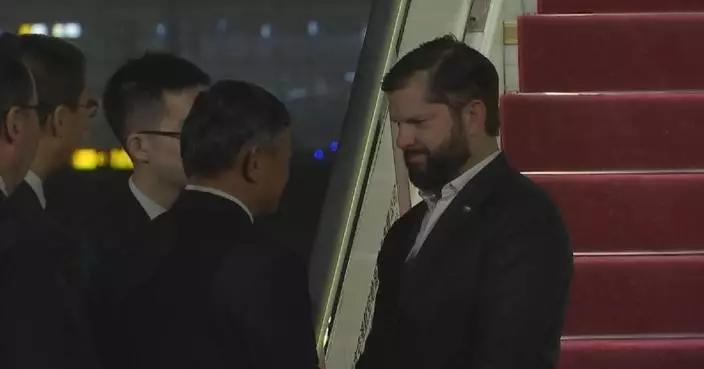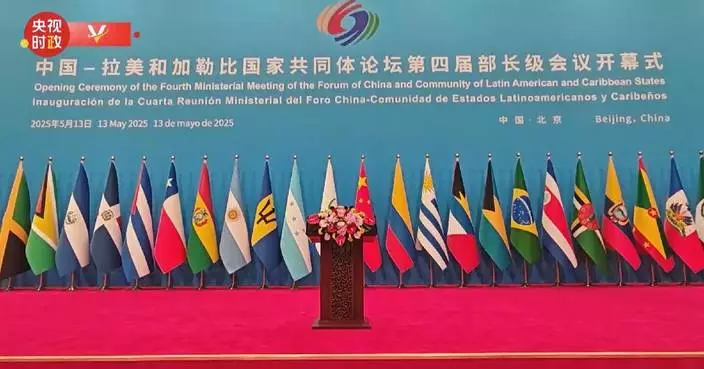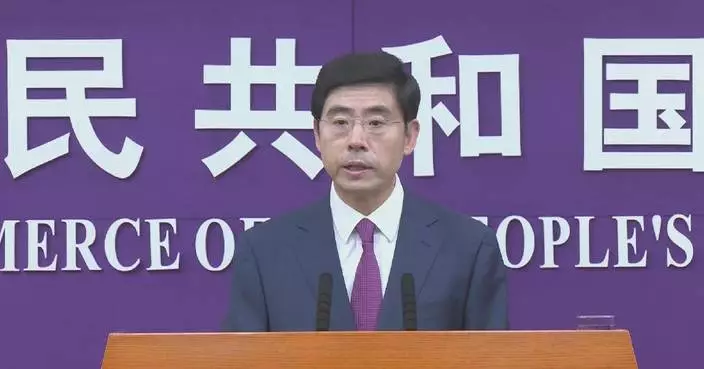China's Ministry of Emergency Management on Sunday called on authorities to stay on guard against floods as significant rainfall is forecast to continue in vulnerable areas in the coming days.
While the overall precipitation in the country will weaken over the next three days, measurable rainfall is still expected in the northeastern region, the Yellow River and Huaihe River basins, and southwest China's Yunnan Province, according to the ministry.
The flood control situation remains challenging, the ministry said, noting that water levels remain above the warning marks in the Liaohe River and a section of the Songhuajiang River, both of which are in the country's northeast.
Floodwater in this river section running through Songyuan City, Jilin Province is continuing to rise, with the peak expected to arrive on Tuesday.
Surrounded by the Yinma River and the Songhua River, the 10 km Tanggu dam in Jilin's Dehui City is facing piping risk in one section stretching roughly a kilometer.
"We are driving piles into the earth and using sand bags to protect the dam against floodwater. Supplies and materials have been prepared as well to guard against piping risk and prevent downstream slope from moving," said Yu Tao, a technician with the Dahui Hydrological Bureau.
The Wusuli River at Hutou Station in Heilongjiang Province is also experiencing flooding. The local hydrological bureau issued an orange alert for flooding on Sunday.
Meanwhile, rainstorms started to batter Yingkou City, Liaoning Province on Sunday. Strong winds and heavy rainfall have heavily impacted port operations. Local maritime safety administration launched a Level-IV emergency response to extreme weather and undertook temporary traffic control at noon, suspending all ships at the port and requiring fishing vessels and unpowered vessels to take shelter.
Flooding was deadly in Kangding, southwest China's Sichuan Province, where a flash flood and mudslide struck the city at about 03:30 on Saturday, toppling a tunnel bridge and destroying homes in a village, according to local authorities.
The bridge collapse caused four vehicles to fall into river, with one person rescued and hospitalized, while two were confirmed dead and 10 others remained missing as of 14:30 on Sunday. Six people in nearby Ridi Village were killed, and 11 are missing.
A large unmanned aerial vehicle has been dispatched to the disaster-stricken area in Kangding to provide reconnaissance and communications support, according to the ministry.
Along with the State Flood Control and Drought Relief Headquarters, the ministry held joint discussions with meteorological, water resources and natural resources authorities on Sunday and arranged flood control work in such key regions as Inner Mongolia, Liaoning, Jilin, Heilongjiang, Hunan and Sichuan via video.
The ministry also called for intensified drainage work as well as expedient post-disaster construction.
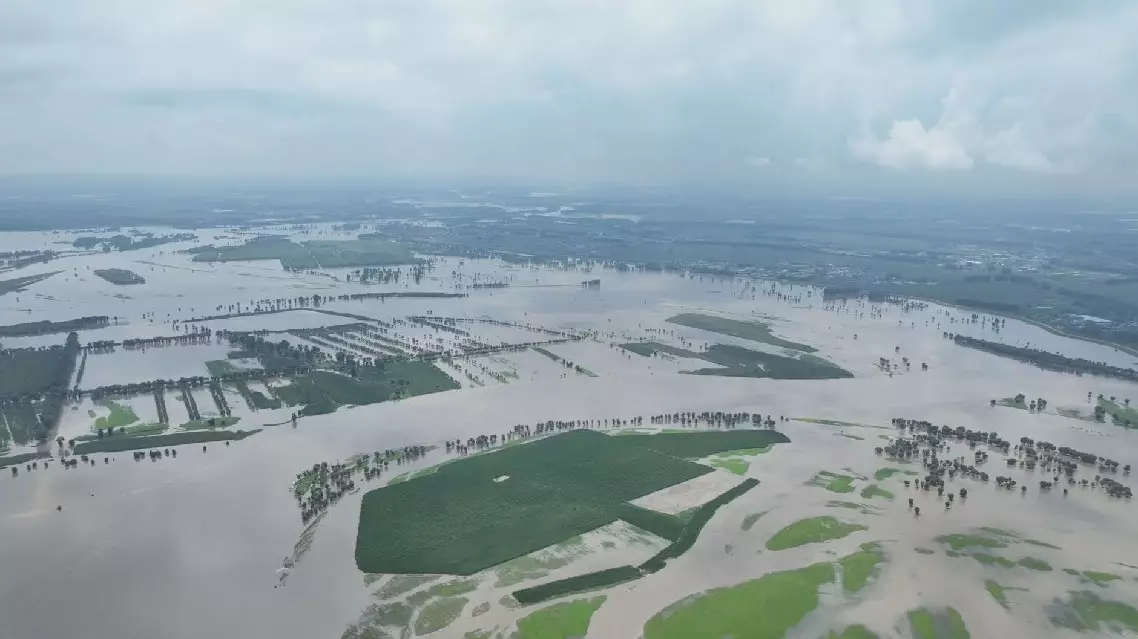
China urges continuous flood control efforts as rainfall persists across country


